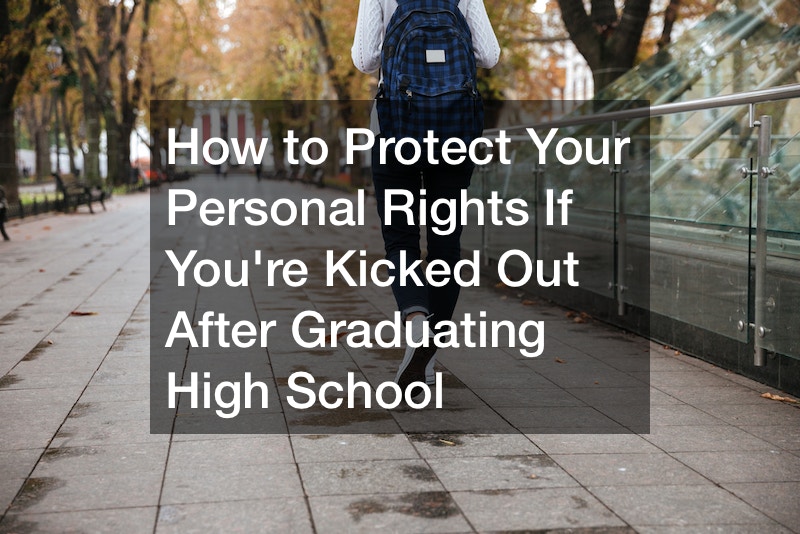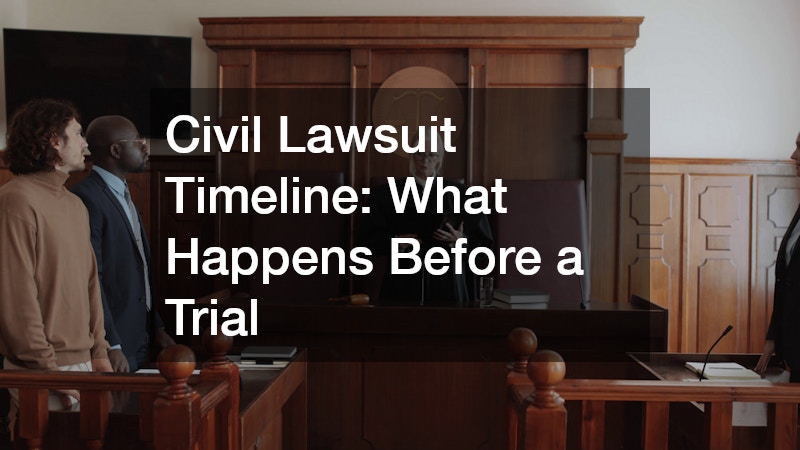According to the National Highway Traffic Safety Administration, about 37 people in the United States lose their lives daily in drunk driving crushes. This is despite the several public service announcements, billboards, and ad campaigns against driving buzzed. Usually, alcoholic beverages make people feel confident, making them think that they are totally in control of their actions or thoughts. However, that’s far from the truth. Read below for the top 10 reasons why driving buzzed is bad.
1. Sustaining Injuries

Even a small amount of alcohol can influence a driver’s judgment, leading to severe injuries that physically and mentally incapacitated people. One of the most common injuries from drunk driving is traumatic brain injury. It can affect memory, reasoning, vision, hearing, and more. Consequently, the victim might have challenges performing basic day-to-day activities.
Spine injuries are common and can lead to partial or complete paralysis. Besides, spine injuries like ruptured discs can cause chronic pain and nerve damage. Drunk driving crushes can also lead to organ damage, which often requires emergency medical care or surgery.
Besides physical injuries, drunk driving crashes can leave the victim with mental health issues like anxiety, depression, and post-traumatic stress. Notably, the symptoms of some injuries can take days or longer to manifest. That’s why visiting a doctor after a crash is important, even if you believe you didn’t sustain injuries. The doctor can detect injuries you weren’t even aware of.
2. Paying Insurance Costs
Getting a DUI is bad news for your car insurance rates — they will go up by an average of 83%. You might endure these high rates in some states for up to five years. Typically, the rates skyrocket because a driver convicted of DUI is more likely to file an insurance claim in the future. North Carolina has the highest increase in car insurance rates after a DUI, which is 255%.
However, it is worth noting that several factors affect your rates after a DUI. One of them is age. Since insurance companies see younger drivers as riskier to insure, the average increase will be higher for a younger person.
It also depends on how long it has been since your most recent DUI conviction. They will mostly base the decision on the last three to five years. Finally, it will vary from one insurance company to the other. That’s why it’s important to get quotes from multiple companies. For instance, consider comparing rates from different companies before settling if you want to get power sports insurance. Most people wonder what would happen if they didn’t disclose their DUI conviction to the insurance company. The insurance company will evaluate your driving record, especially when it’s time to renew your policy. Therefore, the insurance costs will still go up.
Sometimes, they might drop your policy entirely if they find out you have been hiding your DUI conviction. Besides, your DMV might inform your insurance company about your conviction before your next renewal. That’s why it’s always a good idea to be straightforward with your insurance company.
3. Losing Your Job
The consequences of driving while buzzed can be harsh — as dire as losing your job and affecting your future employment prospects. However, the level of impact depends on your state and your occupation. For instance, if you are a pilot or have an FAA clearance, you must report the conviction yourself. You will then have to participate in a fitness investigation afterward.
On the other hand, a DUI conviction can result in losing your teaching certificates if you are a teacher. Other people who might be dismissed due to a DUI conviction include military personnel and those with a commercial driver’s license. In other cases, your employer might ask the payroll service to place you on unpaid administrative leave while the conviction is investigated.
But that’s just the legal side of it. Even though a DUI conviction might not lead to losing your practicing license, it can affect your professional reputation. For instance, if you are the face of the business, the company might let you go to avoid tarnishing their reputation.
4. Damaging your Car

Every road has several hazards to which a driver must react, such as pedestrians, animals, cars in front, and debris. You can react to these hazards fast enough to maneuver around them in normal circumstances. However, that is not true when you are driving buzzed. The alcohol reduces your concentration and affects your ability to respond promptly. Besides, alcohol impairs your hand-eye coordination and your ability to judge situations. Therefore, the chances of a car part getting damaged are higher. Your front and rear bumpers will most likely get damaged. Other parts that are likely to get damaged include the doors, hood, trunk lid, headlights, and fender.
5. Harming Your Passengers
Driving while buzzed not only puts you in harm’s way but also your passengers. In a crash, the passengers can sustain serious injuries, such as back and shoulder injuries, permanent scarring and disfigurement, and internal bleeding. Therefore, they might end up incurring medical expenses, not to mention the time they spend seeking treatment. Some injuries can have long-term repercussions. For instance, if the crash is fatal, the passengers might lose their mobility. Brain injuries can also leave them unable to do certain activities, affecting their livelihood.
The passengers might suffer dire psychological consequences, such as post-traumatic stress disorder and emotional stress. Even though auto repair services can restore your car, your passengers’ lives might never return to normal after a crash. Another noteworthy effect is that individuals who ride with a drunk driver are more likely to get their own DUI in the future. That increases their risk of license suspensions, jail time, and higher car insurance rates.
6. Hurting Pedestrians
Driving buzzed is one of the leading causes of pedestrian accidents. If you hit a pedestrian, you leave them struggling to recover physically, emotionally, and financially. In some cases, the pedestrian might even lose their lives. Usually, children are more vulnerable to accidents because they are more likely to be oblivious to their surroundings. For instance, a middle school kid might get involved in immediate interests and forget about what’s going on around them.
Besides changing the pedestrian’s life forever, you might also face criminal charges. While DUI is typically a misdemeanor crime, you can be charged with a felony DUI if you kill or seriously injure a vulnerable pedestrian. That might result in hefty fines or serving a lengthy jail term. The injured pedestrian can also file for a personal injury lawsuit. In that case, you might have to compensate them for all injuries and damages associated with the accident.
7. Hitting Other Drivers

Driving buzzed is usually characterized by increased aggressiveness. It also leads to other impairments, such as the inability to judge distances and poor concentrations. Due to these impairments, you are much more likely to hit other drivers. As a result, you may face DUI charges, resulting in fines, community service, or jail terms.
You may also face civil charges, leading to a significant financial burden. For instance, you might be required to compensate the driver for the number of days they spend away from work. You might consider going to DUI school to minimize consequences if charged with DUI. If you are a first-time offender, you will attend a level I course. On the other hand, you should enroll in a level II course if you are a repeat offender. If the other driver loses their life, yours would be categorized as a felony DUI. Besides potentially serving a prison sentence, you might feel immense guilt for taking away a life.
8. Suffering Court Costs
The court process after being arrested for driving buzzed can dent your wallet. How much you spend depends on factors like the jurisdiction and the case’s specific circumstances. One of the biggest costs is an attorney’s fees. Inarguably, DUI charges can have a lasting impact on your life. Therefore, you might want to hire a DUI attorney to ensure you get the best possible outcome for your case. Besides, they can make the court process less stressful by handling some aspects on your behalf, such as paperwork and court appearances.
If you cannot afford to hire a lawyer, the court might appoint one for you. However, you might still be required to reimburse the state. Apart from attorney fees, you might incur other expenses, such as filing, court appearance, and probation fees. Not to mention other miscellaneous expenses, such as drug and alcohol testing fees.
For that reason, you might need to raise money fast, resorting to options like cash for campers and asking for help from family and friends. Even if you have the money, it still sets you back financially since you might have to spend some time out of work to attend court sessions.
9. Going to Prison
Driving buzzed can land you in prison, where the conditions are gutter and subhuman. The amount of time you spend in prison for a DUI conviction mainly depends on how many prior convictions you have. If you are a first-time wrongdoer, the jail term is six months or a year in most states. It is even shorter for other states, such as New Jersey. Subsequent convictions might attract a longer jail term. If the DUI has been classified as a felony, the prison sentence might be several years.
Unfortunately, spending time in prison can trigger or worsen symptoms of mental illness. Common adverse effects include denial, night terrors, increased hostility, and self-destructive behavior. Besides, spending time in prison can lead to disconnection. You will be separated from your social networks and loved ones, leading to more psychological distress. Separation from kids can be tough on women, leading to guilt and fear of losing the mother-child attachment. After serving your sentence, you might have difficulty socializing with people or securing job interviews.
10. Handing Over Lawyer’s Fees

Did you know your attorney can drop your case once it starts? Some of the reasons that might cause this include a lack of adequate resources to handle your case, personal matters, or a huge workload. Conversely, you might want to switch lawyers after you have been charged with driving buzzed. For instance, if you feel like you don’t get along, you might want to let them go.
You might also want to seek the services of another attorney if you can’t trust the first one. Other possible reasons you’d want to fire your attorney include sloppiness and constant unavailability. But before you part ways, you must compensate them for their out-of-pocket costs. These will be paid out of your pocket, which can put you in a tight spot financially. You might consider checking out repairable salvage Jeeps for sale to save money if you need another car.
Avoid Driving Buzzed
As you’ve seen, driving buzzed has serious consequences. So, how can you stay away from all that trouble? The best way to prevent drinking and driving is to plan ahead. For instance, you can choose a non-drinking designated driver if you go out with your friends. If you go out alone, consider using taxi services like Uber or Lyft. You can also take public transit. While it might not be glamorous, it is safer than driving buzzed.
Before entering any car, always verify that the driver is not drunk. And if you notice someone attempting to drive while buzzed, consider taking their keys away peacefully. If you are having drinks at a friend’s house, ask if you can spend the night. If that’s not an option, consider calling a friend to drive you home.
No matter how careful you are, it’s important to acknowledge that you might encounter drunk drivers. While you can’t possibly stop them, you can defend yourself from them. One of the ways to do so is to maintain a safe distance from the car in front of you, especially if you notice it swerving repeatedly. Properly using your seatbelt is also important to reduce the likelihood of a fatal crash. Remember, better safe than sorry.



